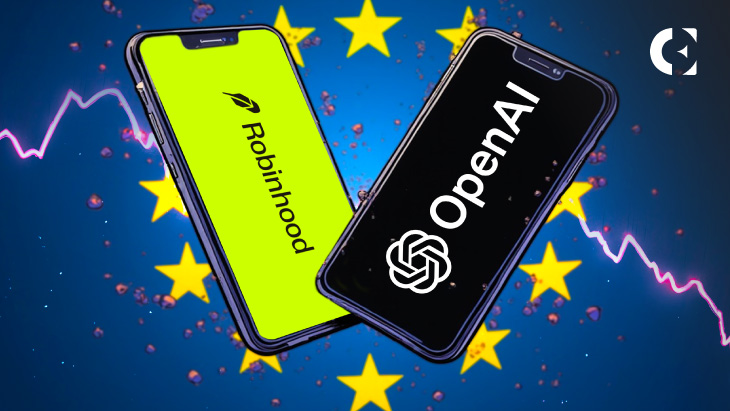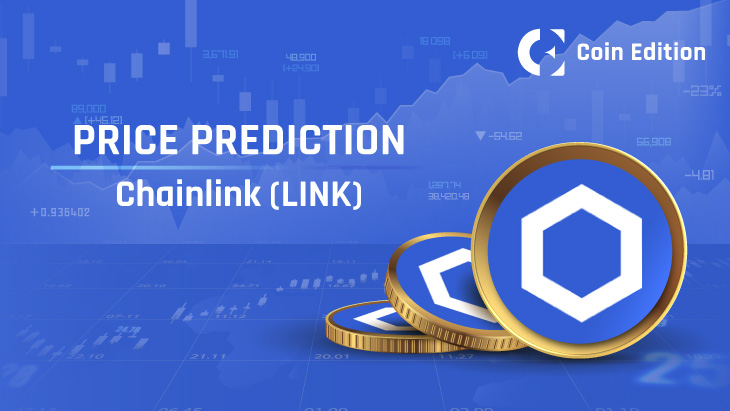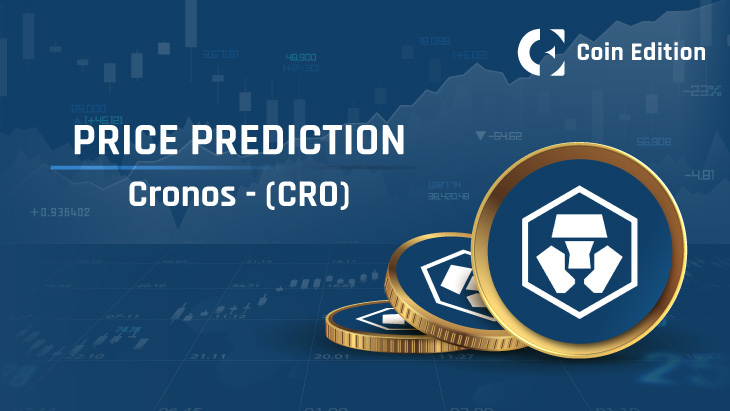- OpenAI distances itself from Robinhood’s tokenized stocks, clarifying no equity representation.
- Robinhood defends tokenized stocks, emphasizing exposure over equity ownership.
- EU regulators review Robinhood’s tokenized stock product for legal compliance and transparency.
Robinhood Markets is under investigation by European Union regulators regarding its new tokenized stock offerings tied to private companies like OpenAI. The effort, launched on June 30, 2025, was designed to provide retail investors in the EU with digital exposure to major U.S. companies.
However, OpenAI has publicly distanced itself from the product, clarifying that the tokens do not represent actual equity in the company. This has raised concerns about the potential for investor confusion.
OpenAI’s Public Rejection of the Tokens
OpenAI has made it clear that it does not approve of Robinhood’s tokenized stock product. In a statement posted on X, OpenAI explained that the tokens being offered do not equate to actual shares in the company.
OpenAI also confirmed that transferring equity in the company requires prior approval, which has not been granted to Robinhood.
Related: Robinhood Faces EU Regulatory Scrutiny Over New OpenAI and SpaceX Stock Tokens
Robinhood’s Defense: “It’s About Exposure, Not Equity”
Robinhood CEO Vlad Tenev defended the company’s product in response to the backlash. Speaking on CNBC’s “Squawk Box Europe,” Tenev acknowledged that the tokens are not technically equity but argued that this distinction is not the most important factor.
He stated that the value of the tokens lies in the exposure they provide to private companies, which is similar to how institutional investors often access these firms indirectly. Tenev highlighted that the tokens enable retail investors to participate in the performance of private companies like OpenAI, even without direct ownership.
The Core of the Dispute: Real Equity or a Misleading Derivative?
The Bank of Lithuania, the regulatory authority overseeing Robinhood’s operations in the EU, has begun reviewing the tokenized stock offering. Regulators are now questioning the product’s legal structure and its compliance with EU financial regulations.
Related: Robinhood Europe Expands Crypto Access with ALGO & ONDO: Token Price Analysis & Short-Term Outlook
The crux of the issue lies in whether Robinhood’s tokenized stocks could mislead investors into thinking they own real equity in companies like OpenAI. Although the tokens are backed by a special purpose vehicle (SPV) that provides “synthetic exposure,” they do not represent actual shares or ownership in the underlying companies.
Disclaimer: The information presented in this article is for informational and educational purposes only. The article does not constitute financial advice or advice of any kind. Coin Edition is not responsible for any losses incurred as a result of the utilization of content, products, or services mentioned. Readers are advised to exercise caution before taking any action related to the company.









